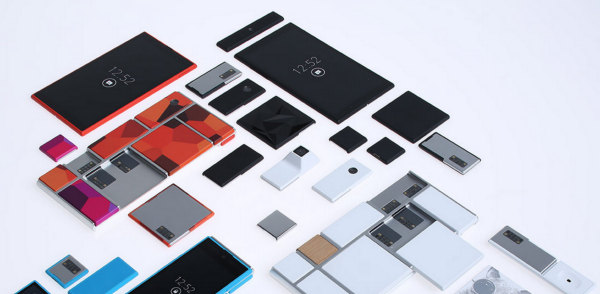
Motorola announces Project Ara -- a build-it-yourself, modular smartphone
It looks as though Motorola may be making it a little easier to buy the perfect smartphone. The Google company is taking mobile devices in something of a new direction, and all is revealed in a post on the Motorola blog. The company plans to do something new by developing "a free, open hardware platform for creating highly modular smartphones" -- a click together phone, if you will.
So what's the idea? You know how you find the perfect phone but it has a camera that you just know you'll never use? You feel like you're paying for something unnecessary right? Or you find a phone you like but the battery doesn’t last quite long enough? Problems like this could become a thing of the past with Project Ara.

Sorry Microsoft, Surface sales are still not good enough
Surface is the tablet market's laughing stock. Microsoft has introduced the two-slate lineup in an attempt to steer consumers away from Apple's iPads and the myriad of Android tablets, by luring them with Windows and its services. In theory, the idea sounded great when the lineup was unveiled in June, last year, showing plenty of promise from the get-go but, as it turns out, most people only want Windows on their desktops and laptops, and not on tablets. The lineup has yet to make great strides in the business segment also.
The moment of truth was in mid-July when Microsoft revealed a $0.9 billion write-off related to Surface RT inventory adjustments. This has clearly shown that the software giant planned to sell a lot more units while the market had other plans, which involved (yes, you guessed it) iPads and Android tablets. Fast-forward a quarter later and Microsoft is now carefully choosing its words, saying that Surface sales have since more than doubled but without announcing an exact number of units that were shifted during the three months ending September 30. But, the $400 million in revenue that the lineup generated still points to a bleak quarter, despite a different picture being portrayed.
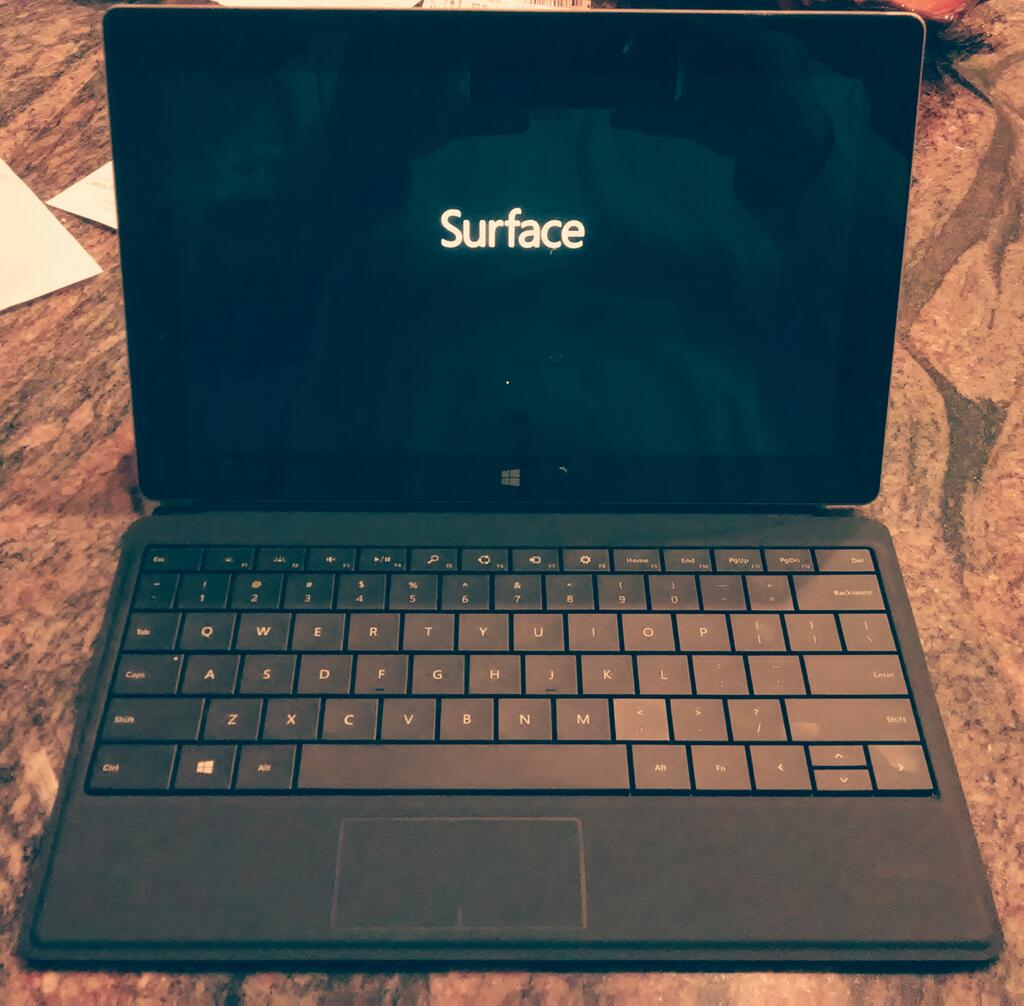
All-in with Microsoft, part 2 -- Surface 2 is my new favorite device
This past Tuesday, I announced my Microsoft-only experiment. My goal is to only use Microsoft devices for a week -- not easy for a Linux user -- and I have since followed through on that commitment. Armed with only a Surface 2 (Windows RT 8.1), Nokia Lumia 928 and a Windows 8.1 desktop, I managed to make the transition, although it was not all sunshine. More on that later.
As someone who writes a lot, a good keyboard is a must. Believe it or not, the Surface's on screen keyboard is simply brilliant. I can type better on it than the iPad or any Android keyboard. It is very responsive and the auto-correct feature works well. I even find the audio feedback to be oddly pleasing. On Android, I turn off the volume, as I find the clicking sound to be annoying, not here; it actually adds to the experience.

The real cost of ransomware
Ransomware, software that locks you out of your PC and asks for a fee in order to release it, has been around for quite a while. The first examples date back to the late 1980s but in its most recent form it started to gain popularity with malware writers in 2006, starting in western Europe and rapidly spreading to the rest of the world.
Finnish security specialist F-Secure has been working with the police on a joint investigation and reckons that just one case could be responsible for up to $800 million of damage and losses.
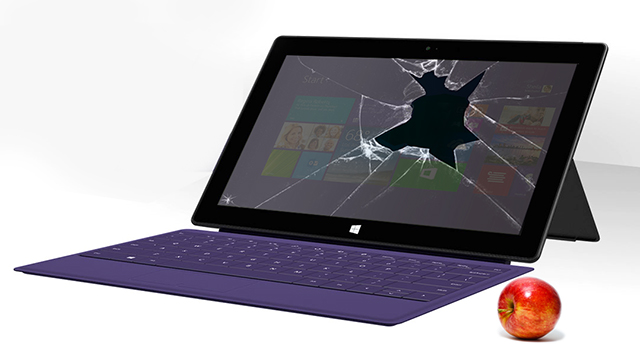
Apple inflicts major Surface damage on Microsoft -- probably doesn't even care
Yesterday was unquestionably the day of the tablet. Nokia unveiled the Lumia 2520, its first Windows RT 8.1 slate, Apple announced the iPad Air and iPad mini with Retina display, and Microsoft’s Surface 2 and Surface Pro 2 went on sale.
It was unfortunate timing for Microsoft. On a day when Steve Ballmer and co. would have hoped people would be talking about Surface, they were salivating over Apple instead. The fruit logo company inflicted more damage on Microsoft than just drawing focus for a day however.
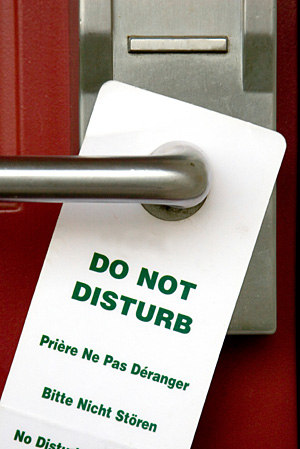
Privacy is dead and here’s how
My friend Dave Taht, who battles bufferbloat for us all, pointed me today to a document from the Wireless Internet Service Provider Association. It’s the WISPA CALEA Compliance Guide, which details most of the rules that wireless ISPs are required to follow by CALEA -- the Communications Assistance for Law Enforcement Act of 1994. These rules, variants of which apply to all telcos and to ISPs of all kinds (not just wireless), say what those companies are required to do to comply with the law. More directly, it specifies how they can be required to intercept customer communications and relay that content to law enforcement agencies.
Read it if you have a moment. The document, which is chilling, explains a lot both in what it says and what it doesn’t say.
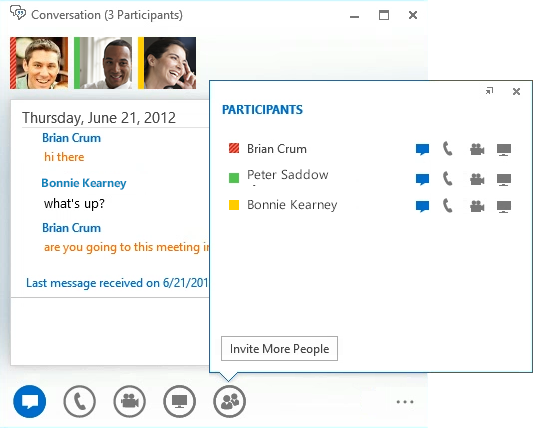
Microsoft Lync voice leads the enterprise
The traditional telephone and email setup at many businesses is dying. This old-school approach is no longer efficient. As crazy as it is to call email "old school", that is exactly what it is. Many business users want the ability to reach out in real-time, with the option to escalate the interaction to voice or screen-sharing. Lync is the dynamic software solution which is trailblazing the corporate world.
If you aren't familiar, Lync is a business-focused instant messaging client for Windows. However, it is so much more than that -- it is a communication service that brings colleagues together. It provides VOIP, instant messaging, video chat and screen-sharing. The magic of the software is the integration with Outlook -- your status can be automatically updated to reflect your meetings and appointments. Today, Microsoft announces that adoption of the software is booming.
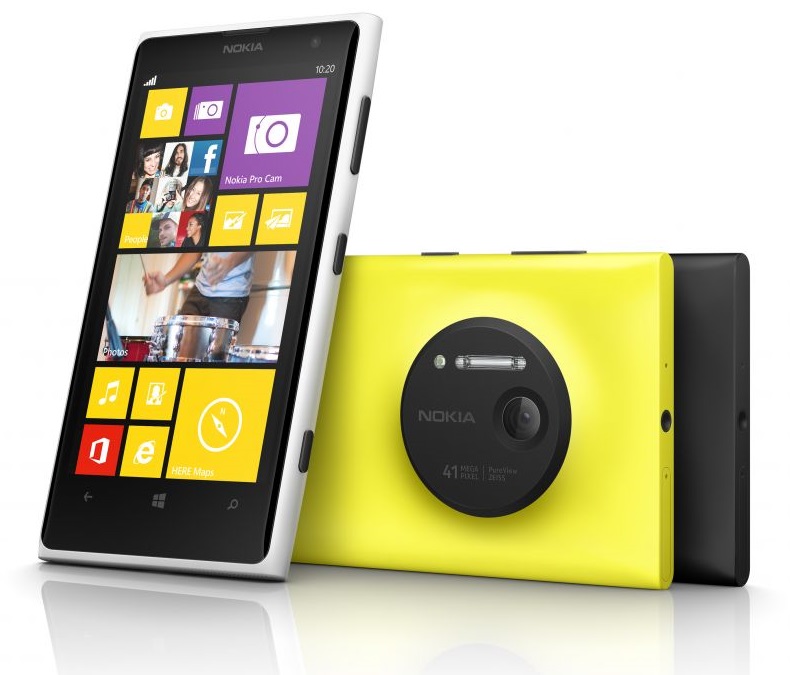
10 reasons why you should consider Windows Phone
With Android handsets and iPhones taking the lion's share of the smartphone market, Windows Phone is quite often overlooked by most consumers in their purchasing decisions. The popularity, or lack thereof, of devices running Microsoft's mobile OS likely plays an important part but it also detracts folks from getting the smartphone that may be right for them. Ask yourselves how many of your acquaintances have been in this position.
Many do not even take Windows Phone into consideration and the ones that do easily find a couple of reasons to dismiss the platform and jump on the Android or iPhone bandwagon. Yes, Windows Phone may not be the right answer for everyone but it might be for more people than naysayers think. And I have got 10 good reasons why consumers should give Windows Phone a chance.
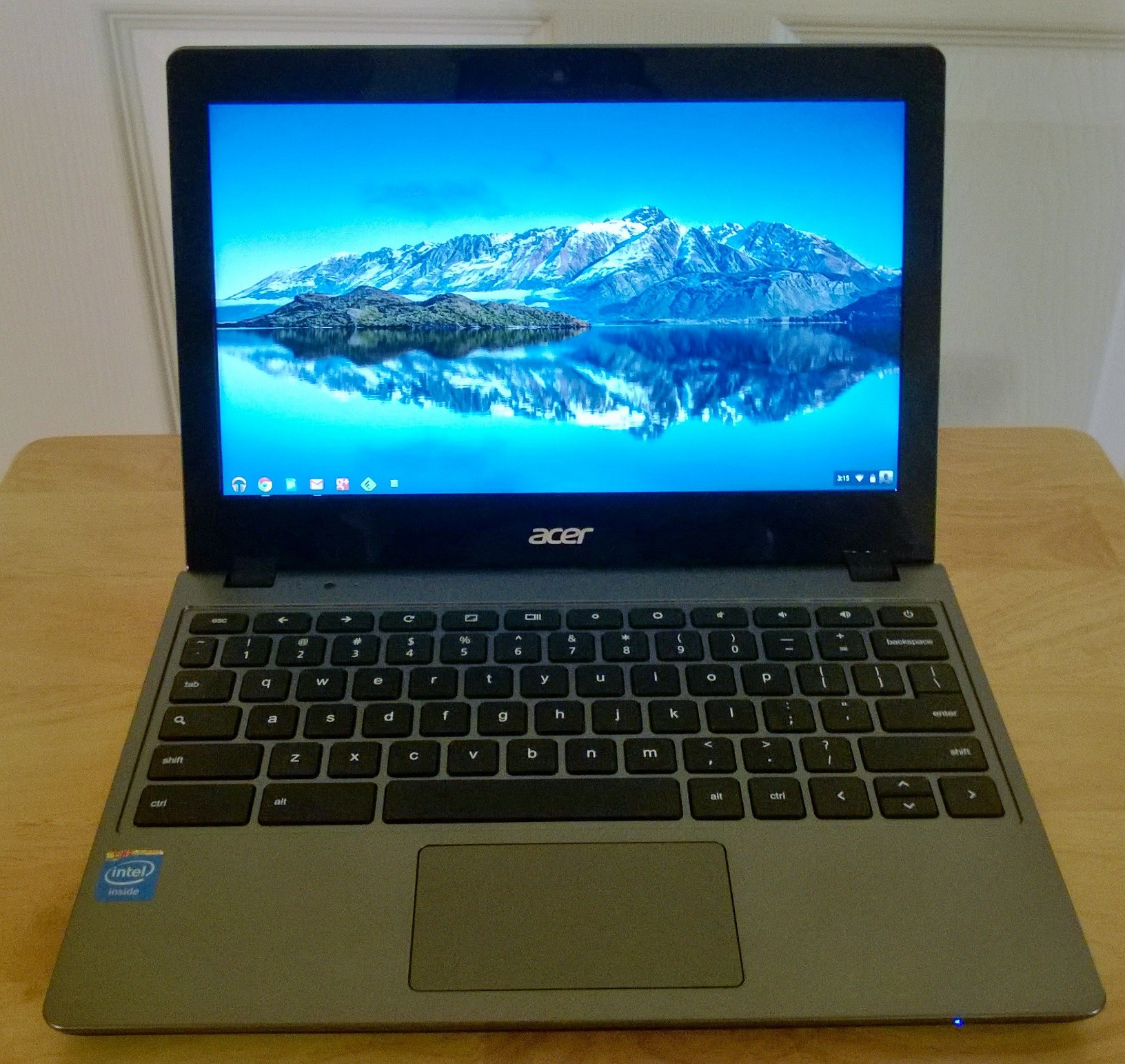
Acer C720 Chromebook -- best bang for your buck [Review]
My relationship with Chromebook and Chrome OS has been rocky. When Google first announced the concept, I was highly dubious. After all, I had done all of my computing on Windows and Linux -- locally installed apps were all I knew. Ultimately, curiosity got the best of me and I bought the Samsung ARM Chromebook. The simplicity of the platform melted my heart and I became an enthusiast.
Sadly, I outgrew the Samsung model due to its poor performance -- it is slow on certain websites, like Google+. I decided to postpone the upgrade until the Haswell models would arrive. However, in the midst of the Haswell-Chromebook revolution, HP and Google threw a curve-ball and released the wonderful Chromebook 11, that has an ARM processor, which took an Apple approach to laptop design.

Google is broken in IE11 on Windows 8.1 [updated]
Oh dear. If you try and search using Google in Windows 8.1 there’s a very good chance the results page won’t display properly. Whatever you search for will generate a mangled page that works, but makes finding the results you want rather tricky.
This problem doesn’t affect searching using Google in Chrome, or Firefox, it only affects IE11 in both Modern UI and Desktop modes.
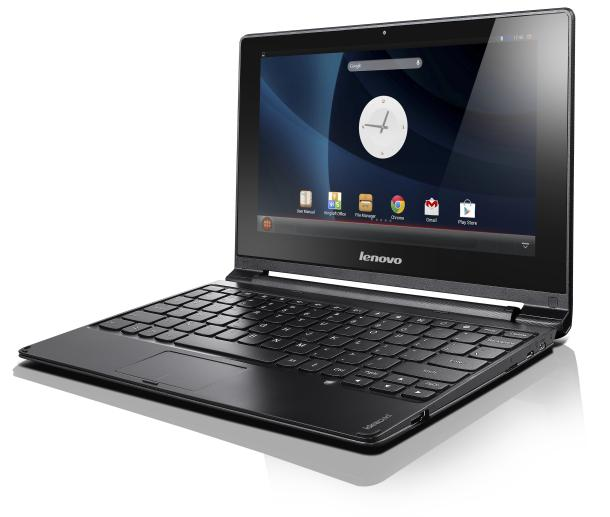
Lenovo announces the A10 Android laptop
Google has an operating system for the desktop and laptop form-factors called Chrome OS. However, the company also has the Android operating system, which is designed for mobile devices like smartphones and tablets. This prompts many pundits to posit "why not just have Chromebooks run Android, as that OS can run the Chrome browser, and much more". And you know what? They are kind of right.
Sadly though, those people are mostly wrong; bless their hearts. You see, less is more in this case, and a lack of local apps breeds out of-the-box web app thinking, which is good. However, despite this, a number of manufacturers have released Android laptops but none of them took the world by storm. Today, Lenovo hopes to change that and releases the A10 -- an Android laptop with a 10.1-inch screen.

No 3G? No Wi-Fi? No problem
Smartphones have become such a big part of many people's lives in recent times, allowing us to stay in touch with the Internet wherever we go, that occasions when you can't get a data network or Wi-Fi signal become extremely frustrating, it's almost like losing a limb.
French developer Altheia has an answer in the form of a new app for Android phones called Be-Bound which it claims can keep you in touch with the Web even if there's no 3G, 4G, Edge or Wi-Fi signal available.
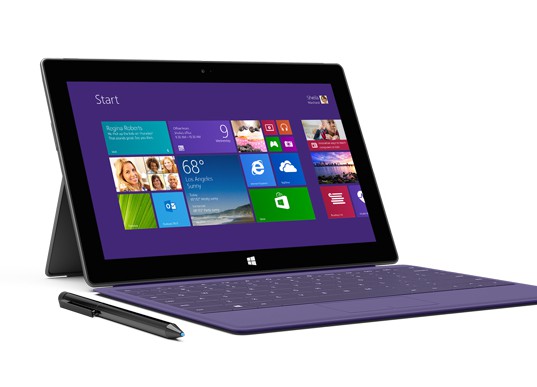
Surface Pro 2 availability -- 'it's complicated'
Today has been a big one in the annals of Microsoft -- Windows 8.1 rolled out the door to a fair amount of headlines, and Visual Studio 2013 also arrived, to much less pomp and circumstance. Next week promises the same, with Surface 2 hitting store shelves amidst stories of stock shortages.
But nothing in the Microsoft universe is ever as simple as it should be -- the tech giant seems to almost enjoy keeping customers guessing. Hence the case of the Surface Pro 2, which promises to ship on October 22nd -- providing you only wish to score a 64 or 128 GB model.

And the winner of best security software for small business users is...
Independent testing organization AV-comparatives has released the results of its 2013 Business Software Review. This looks at security software for smaller and medium businesses, taking as its basis a single site network with a Windows Server 2012 domain controller and 25 client PCs running a mix of Windows XP, 7 and 8.
The key thing here is that this is the type of business which may not have its own IT manager so the report considers the management and monitoring of the software from the viewpoint of someone who isn't a specialist in IT and only looks after the system part time.
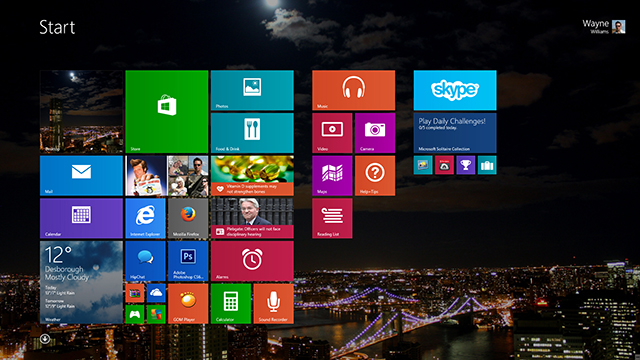
Here's what's new in Windows 8.1
With Windows 8.1 Microsoft has attempted to fix a lot of the things that were wrong with Windows 8, and make the operating system more appealing by throwing a bunch of additional features into the mix. It won’t appeal to everyone, but it is a massive improvement over its predecessor.
If you’re planning on updating your computer to the new OS, or are still on the fence and need a little nudge to join the tiled side, let me take you on a guided tour of what’s new.
